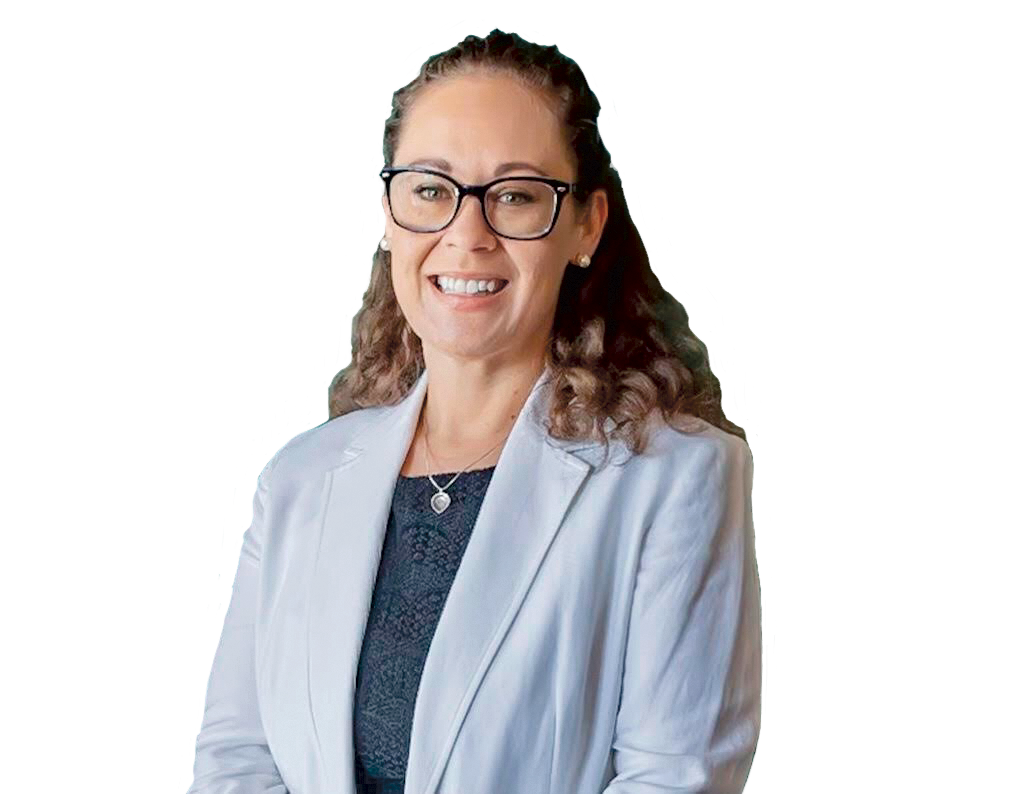The Murray State News interviewed District 5 Kentucky Rep. Mary Beth Imes and Democratic candidate Lauren Hines to inquire about each candidate’s positions on the issues facing Kentucky students.
Hines has served as a teacher and real estate agent in Murray. According to her website, lauren4ky.com, her campaign is focused on issues regarding affordable healthcare, higher wages and public education.
Hines provided her answers over the phone.
Q: What are some things people should know about you and your campaign for district representative?
Hines: I’m running as a Community First Democrat that wants to put our people before partisan politics. Our communities are far away from Frankfort, so we depend on the leaders we send there to stand up for us and bring back our tax dollars for the important work we need here in Western Kentucky. I grew up in Murray, KY — I attended its public schools and earned two degrees from Murray State University (Bachelors in Arts 2008 and Masters of Arts in Education 2013). Alongside my parents and grandparents, the Murray community raised me and instilled in me a deep appreciation for education and the desire to pursue public service. I want to ensure that our way of life, of doing right by each other, of taking care of another, of supporting each other is going to be there for future generations. To do that, we must change our priorities in Frankfort.
Q: What do you have to offer for voters here at the University and in Murray?
Hines: One of the most important things is that I do know what it’s like to be a student here. I do know what it’s like to have organizations and clubs and classes and all of the different things that are really important to you, but also how you guys participate in the greater community at large. I don’t know if most students are aware, but life changes in the summer when you guys aren’t here. Traffic is a little bit slower and things are a little bit different. I want to make sure that all students feel welcome not just on campus, but in every single part of this community. Because I truly believe that we are a welcoming and friendly place and we should be making sure that students have the opportunity to participate in all aspects of being in Murray and not just on campus.
When it comes to making sure that education is fully funded, and the University receives funding for programs, infrastructure and things that are important to ensure students have a safe environment to learn in, all of those things are ones that I want to focus on if elected.
Q: As student debt becomes an increasing concern for students across the country, what policies, if any, would you support to manage college tuition prices and student debt in Kentucky?
Hines: One of the things that we have seen that is kind of flip-flopped over the course of my lifetime is how much the state is investing in our public universities versus …how much per student it takes to actually educate them. We used to provide more from the state than we are now. We rely much more on tuition than we did before. I think it is important that we invest in making sure that our infrastructure at our public universities is safe and secure. We need to make sure that we are funding programs that are forward thinking and that are going to make use of new technology and new ideas, so that we’re leading into the 21st(century). We can’t do that if we’re going to continue to place the burden of tuition on a bunch of 18 year olds. For the most part, these are students who haven’t been able to necessarily participate in the workforce, outside of some of the lower paying jobs.
I think a lot of the older generations have this concept that you’re able to work a part time job and be able to afford tuition. And that may have been true 20, 30, 40 years ago. But it just isn’t true today. So we really need to work on making sure that we can meet any tuition increases at the lowest rate possible. Because it isn’t feasible for someone to graduate with thousands of dollars in student debt and then immediately get a job, buy a house and have kids. It takes a lot of time to build up that financial system. Having to pay so much for college really, really puts our recent graduates at a disadvantage economically.
Q: What are your thoughts on the wave of campus protests that have appeared across the country, and do you think student protests and demonstrations have a place on campus?
Hines: Generally, I would say I want to protect First Amendment rights. And throughout our history as a country we’ve often seen university students being some of the first voices for social justice and economic justice issues. I think that everyone has a right to peacefully protest and to make their voices heard as long as they do so in a way that is conducive to the community. I would never want to take someone’s First Amendment rights away. I think it’s really, really important that students are able to express themselves.
Q: During the 2024 legislative session a number of bills were introduced attempting to regulate Diversity, Equity and Inclusion policies within Kentucky universities. What is your opinion on diversity policies in Kentucky universities, and do you feel the state government should be regulating them?
Hines: A Foundation for a Healthy Kentucky survey released Tuesday found that 71% of Kentucky voters said they believe businesses and institutions should be “allowed to make decisions regarding their own diversity, equity and inclusion education and training programs without government interference”…people who had answered it said that they believed that these types of policies should be left to individual universities. In this case, I don’t necessarily think that’s a bad idea. Because what we have in different areas of the state may have different needs, and so there may be different efforts to make outreach to different groups. But I do think that we should all make sure that we are providing equitable opportunities for anyone in our state, no matter where they come from or what they look like or where they went to school. I think that is the heart of these types of policies, that unfortunately have been part of the national conversation where we’ve seen culture wars overtake policy. I’m always here to promote policy that is going to make students feel like they are equal, and we need to make sure that we are having outreach within communities that may not have traditionally had access to higher education. And that is really the full intent behind these types of programs.
Q: What are other pieces of legislation or issues that you believe will affect college students in Kentucky? What are your positions on these?
Hines: I think one of the things that we definitely need to work on is college preparedness, and that starts in secondary education. Looking at high school, I think many of the professors that I’ve talked to have noticed that students are not necessarily prepared for the same things as they were 10, 15, 20 years ago. I think one of the things that we need to make sure that we do is fully fund public education K through 12. Make sure that we’re preparing students to be able to participate in classes and meet deadlines. When you get to that first Civ class, if you’re reading stuff from hundreds and hundreds of years ago, you really need to have deep critical thinking and learning skills. And when we have classrooms that are overcrowded and students with such diverse needs, sometimes those don’t get met, simply because of the lack of funding, resources, and time.
I’m also excited for the possibility of the new veterinary school here at Murray State. One of the things that has always been super important in my life is agriculture. My great- grandfather bread and raised Tennessee Walking Horses. One of my best memories was going to his house after school and taking care of those horses. And I think it’s really a shame that we don’t have that type of program here already in our state and that we’re sending students out of state when agriculture is a cornerstone of our economy. Whether we’re talking about Thoroughbreds in Central Kentucky or farming here, it’s really really important for us to have not only well prepared veterinarians and well prepared vet techs, but to have ones who are familiar working in the environment in which they’re going to serve. It’s really important for people to be able to stay in the state and learn in the state because when we send them to other places they might not come back.





























































































